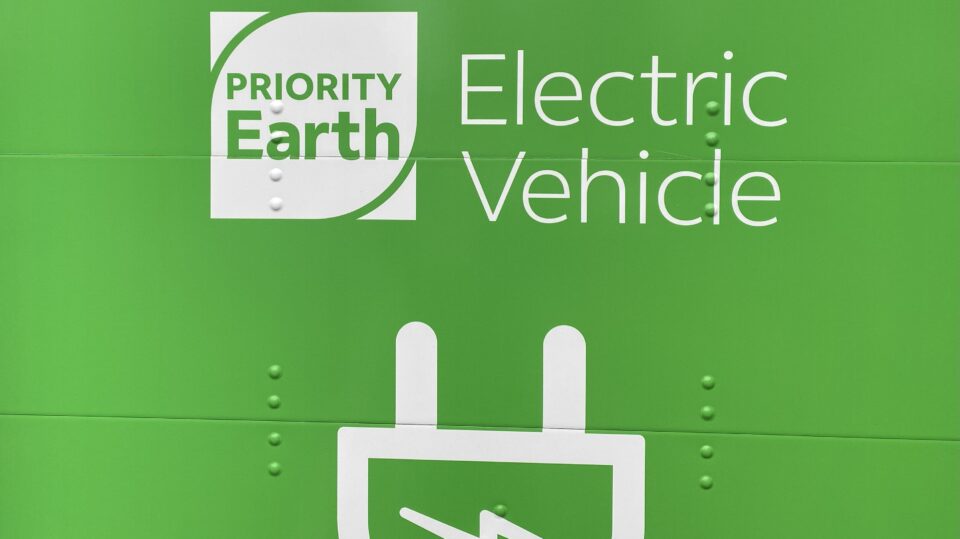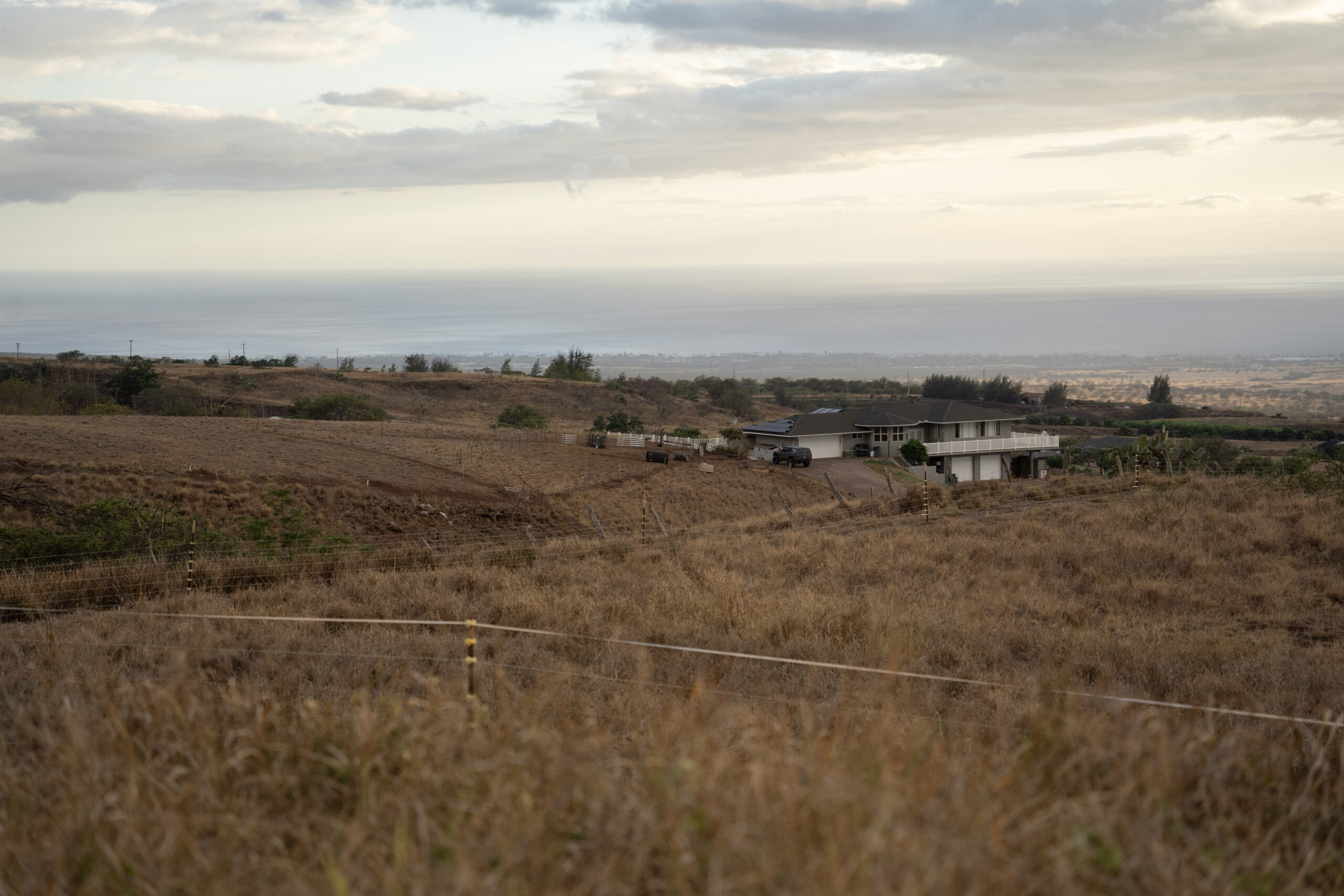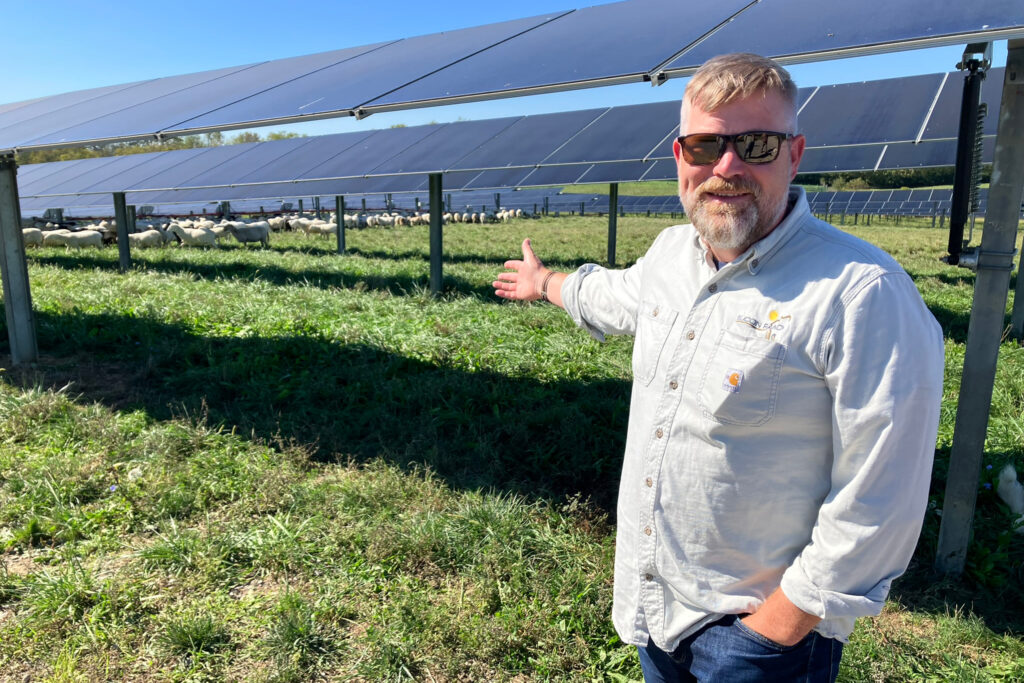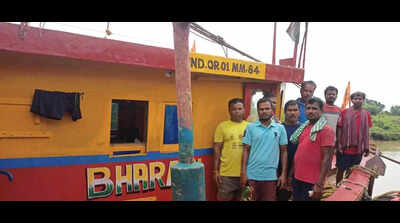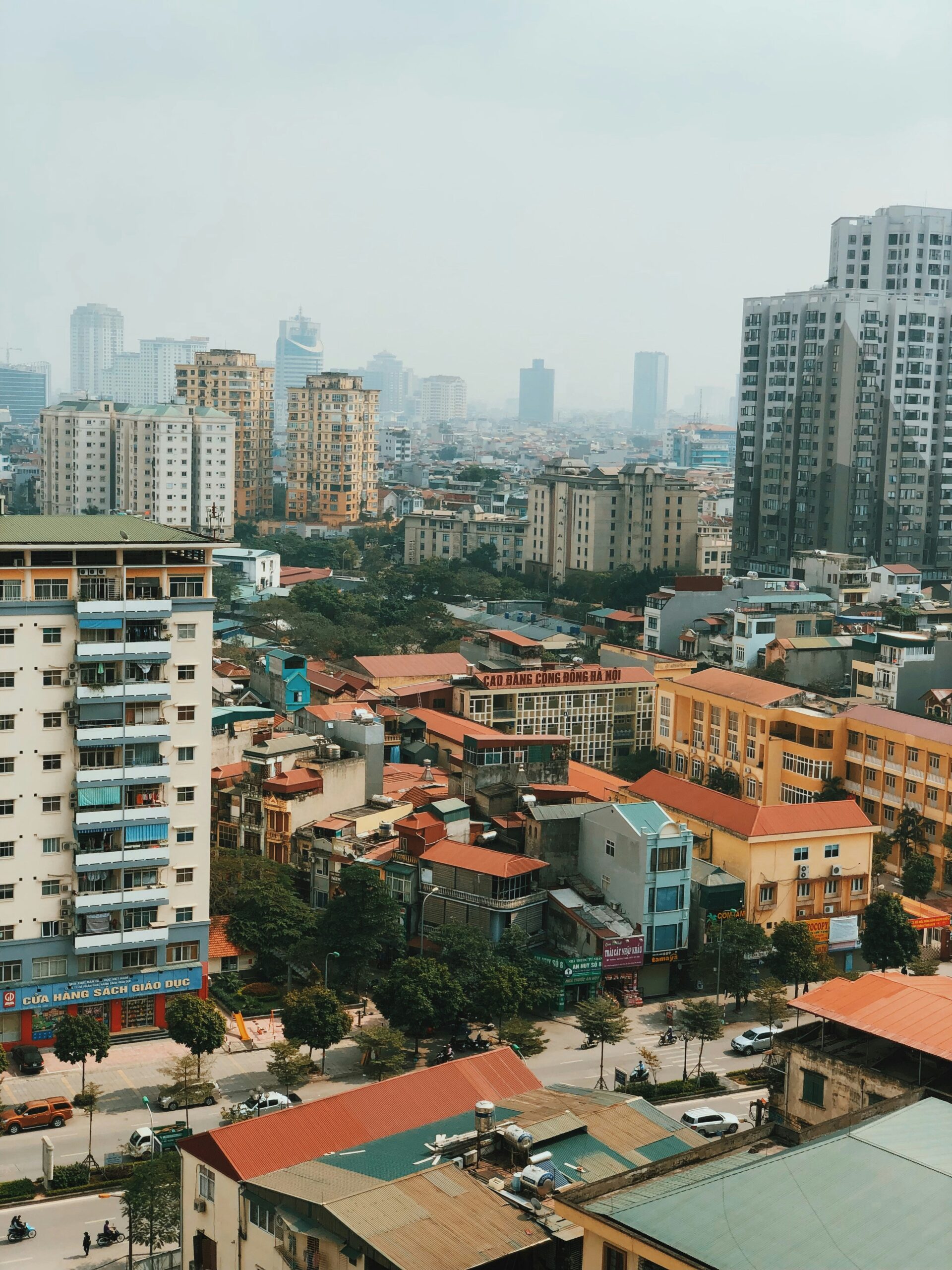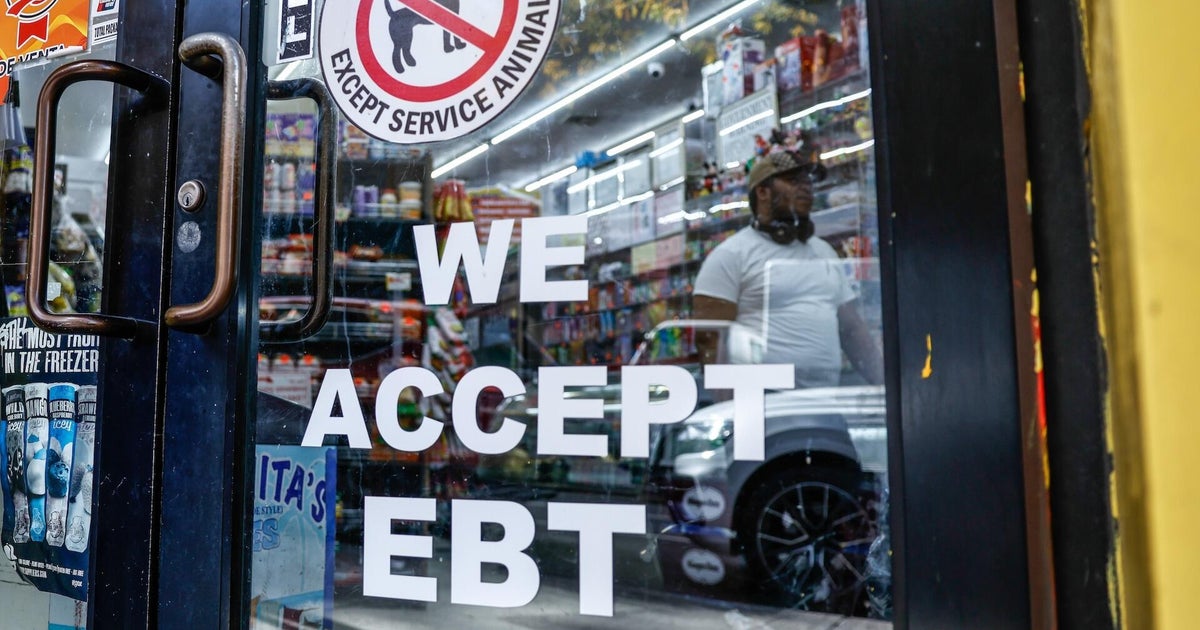Egypt’s MSMEDA Injects USD 45M to Support MSMEs in Alexandria – waya.media
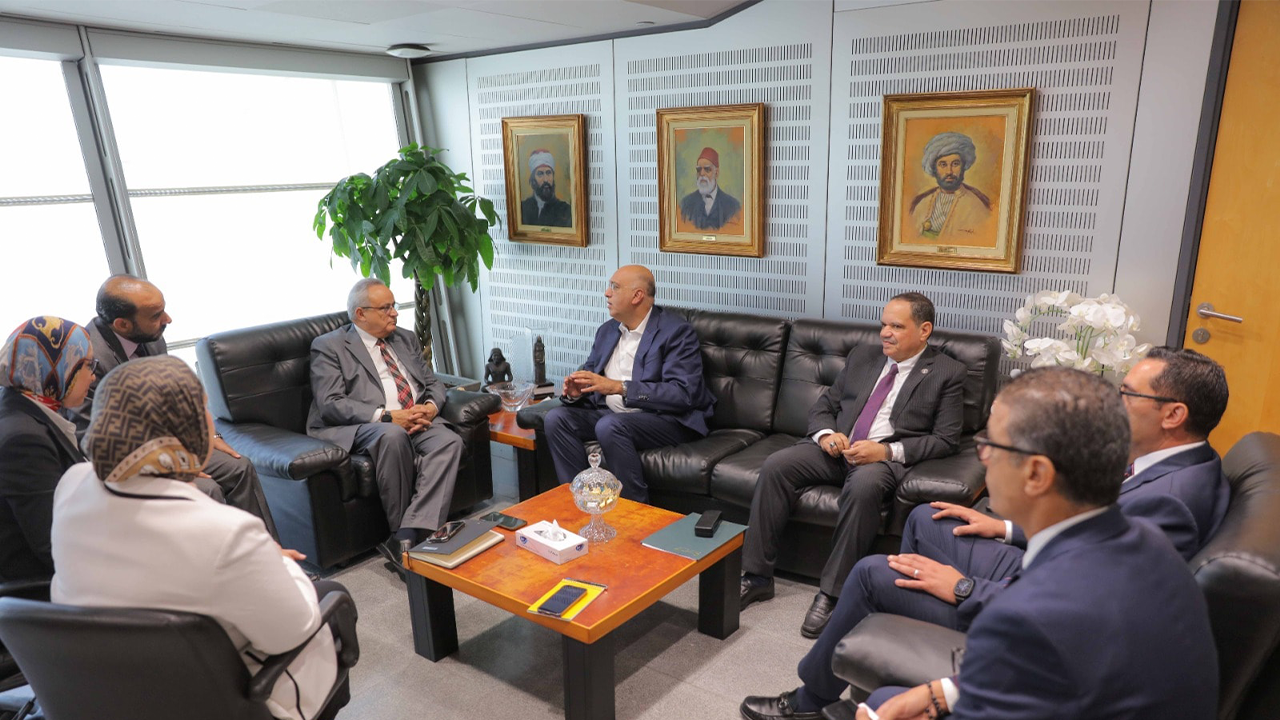
Report on MSMEDA’s Contribution to Sustainable Development in Alexandria
Executive Summary: Economic Impact and Job Creation
The Micro, Small, and Medium Enterprises Development Agency (MSMEDA) has significantly advanced sustainable development in Alexandria through substantial financial investment from July 2014 to May 2025. This initiative directly supports several key United Nations Sustainable Development Goals (SDGs), particularly SDG 8 (Decent Work and Economic Growth) and SDG 1 (No Poverty).
- Total Investment: EGP 2.2 billion (USD 45 million) was injected into the local economy.
- Project Financing: The funding supported 51,000 small and micro-enterprises.
- Job Creation: Over 110,000 employment opportunities were generated, providing decent work and stimulating economic growth.
- Community Investment: A dedicated EGP 102 million was allocated for projects in infrastructure, community development, and training, contributing to SDG 9 (Industry, Innovation, and Infrastructure) and SDG 11 (Sustainable Cities and Communities).
Strategic Alignment with Sustainable Development Goals (SDGs)
The MSMEDA initiative in Alexandria is a targeted effort to achieve national development objectives in line with the global SDGs. The collaboration between state entities exemplifies SDG 17 (Partnerships for the Goals).
- SDG 8: Decent Work and Economic Growth: The core objective is to foster inclusive and sustainable economic growth by creating 110,000 jobs and formalizing MSMEs, ensuring they contribute to the national economy.
- SDG 9: Industry, Innovation, and Infrastructure: Investment in industrial zones such as Borg El Arab and El-Merghem, coupled with infrastructure funding, aims to build resilient infrastructure and foster innovation.
- SDG 5 & 10: Gender Equality and Reduced Inequalities: The program places a strong emphasis on empowering youth, women, and recent graduates, providing them with financial and technical support to reduce economic inequalities.
- SDG 1: No Poverty: By enabling the creation of 51,000 enterprises and associated jobs, the initiative provides sustainable livelihoods and pathways out of poverty for thousands of individuals and families.
Collaborative Framework and Governance
A high-level meeting between Alexandria’s Governor, Lieutenant General Ahmed Khaled, and MSMEDA CEO, Bassel Rahmy, solidified the collaborative strategy. This partnership, guided by directives from Prime Minister Mostafa Madbouly, aims to enhance the ecosystem for MSMEs. The primary goals discussed were:
- To integrate a greater number of MSMEs into the formal economy.
- To expand access to financial, technical, and advisory services for entrepreneurs.
- To leverage investment zones and local production hubs to maximize economic impact.
Policy Instruments for Inclusive Growth: Tax Incentives
In partnership with the Ministry of Finance and the Tax Authority, MSMEDA is activating tax incentives under Law 6 of 2025 to further support MSMEs, a key driver for SDG 8. These measures are designed to ease the financial burden on emerging businesses and encourage formalization.
Key Tax Benefits for MSMEs:
- A simplified, progressive tax rate starting at 0.4% of annual revenues for enterprises generating EGP 500,000, rising to 1.5% for businesses with revenues between EGP 10–20 million.
- Exemptions from several taxes and stamp duties previously imposed on small enterprises.
During the meeting, direct loan checks and official business licenses were presented to a group of entrepreneurs, symbolizing the tangible support being provided to advance grassroots economic development.
SDGs Addressed in the Article
SDG 1: No Poverty
- The article highlights efforts to reduce poverty by creating economic opportunities. The creation of 110,000 jobs and support for 51,000 small projects provide individuals and families with stable income sources, which is a direct mechanism for poverty alleviation.
SDG 5: Gender Equality
- The initiative specifically aims to empower women by helping them launch businesses. This focus on female entrepreneurship contributes to economic empowerment and gender equality.
SDG 8: Decent Work and Economic Growth
- This is a central theme of the article. The injection of EGP 2.2 billion into financing small and micro projects directly stimulates local economic growth. The creation of 110,000 jobs addresses the goal of providing decent work. The focus on formalizing businesses and providing tax incentives supports sustainable enterprise development.
SDG 9: Industry, Innovation, and Infrastructure
- The article mentions that EGP 102 million of the total funding was allocated to infrastructure and community development. Furthermore, the support is targeted at key industrial zones like Borg El Arab and El-Merghem, promoting industrialization and increasing the access of small-scale enterprises to financial services.
SDG 10: Reduced Inequalities
- The program’s focus on empowering specific demographic groups, such as “youth, women, and recent graduates,” is a direct effort to reduce economic inequalities by providing targeted support and opportunities to those who may face barriers to entering the business world.
SDG 17: Partnerships for the Goals
- The article details a multi-stakeholder partnership to achieve these goals. It describes the collaboration between the Micro, Small and Medium Enterprises Development Agency (MSMEDA), the Alexandria Governorate, the Ministry of Finance, and the Tax Authority, showcasing a coordinated effort between different state entities.
Specific SDG Targets Identified
SDG 8: Decent Work and Economic Growth
- Target 8.3: Promote development-oriented policies that support productive activities, decent job creation, entrepreneurship, creativity and innovation, and encourage the formalization and growth of micro-, small- and medium-sized enterprises, including through access to financial services.
- The article directly addresses this by describing MSMEDA’s EGP 2.2 billion financing for 51,000 MSMEs, the creation of 110,000 jobs, and the goal to “integrate more MSMEs into the formal economy” through financial and tax benefits.
- Target 8.5: By 2030, achieve full and productive employment and decent work for all women and men, including for young people.
- The initiative’s focus on empowering “youth, women, and recent graduates” to launch businesses and the creation of 110,000 jobs align with this target.
SDG 9: Industry, Innovation, and Infrastructure
- Target 9.3: Increase the access of small-scale industrial and other enterprises, in particular in developing countries, to financial services, including affordable credit, and their integration into value chains and markets.
- This is demonstrated by the EGP 2.2 billion in funding provided to small projects, the handing out of “direct loan checks to five entrepreneurs,” and the specific focus on industrial zones.
SDG 5: Gender Equality
- Target 5.5: Ensure women’s full and effective participation and equal opportunities for leadership at all levels of decision-making in political, economic and public life.
- The article supports this target by explicitly stating that a focus of the program is “empowering… women… to launch businesses,” which enhances their economic participation.
Indicators for Measuring Progress
Implied and Mentioned Indicators
- Total financing for MSMEs: The article states a clear figure of “EGP 2.2 billion” has been injected to finance projects. This is a direct quantitative indicator of financial support.
- Number of projects supported: The article specifies that “51,000 small and micro projects” were funded, serving as a key performance indicator for enterprise development.
- Number of jobs created: The creation of “over 110,000 job opportunities” is a direct indicator of progress towards SDG 8 (Decent Work and Economic Growth).
- Number of formalized businesses: The goal to “integrate more MSMEs into the formal economy” and the action of presenting “licenses for regularized businesses” imply an indicator related to the formalization rate of enterprises.
- Financial inclusion of entrepreneurs: The act of handing out “direct loan checks to five entrepreneurs” serves as a specific, albeit small-scale, indicator of increased access to finance.
- Investment in infrastructure: The allocation of “EGP 102 million… to infrastructure, community development, and training projects” is a specific financial indicator for progress under SDG 9.
- Proportion of businesses led by women and youth: While no specific numbers are given, the stated focus on empowering “youth, women, and recent graduates” implies that the number or proportion of businesses started by these groups is a key metric for measuring success in reducing inequalities (SDG 10) and promoting gender equality (SDG 5).
Summary of Findings
| SDGs | Targets | Indicators |
|---|---|---|
| SDG 8: Decent Work and Economic Growth | Target 8.3: Promote policies for job creation, entrepreneurship, and formalization of MSMEs. |
|
| SDG 9: Industry, Innovation and Infrastructure | Target 9.3: Increase access of small-scale enterprises to financial services and markets. |
|
| SDG 5: Gender Equality | Target 5.5: Ensure women’s full participation in economic life. |
|
| SDG 10: Reduced Inequalities | Target 10.2: Empower and promote the social and economic inclusion of all, including youth. |
|
| SDG 17: Partnerships for the Goals | Target 17.17: Encourage and promote effective public partnerships. |
|
Source: waya.media
What is Your Reaction?
 Like
0
Like
0
 Dislike
0
Dislike
0
 Love
0
Love
0
 Funny
0
Funny
0
 Angry
0
Angry
0
 Sad
0
Sad
0
 Wow
0
Wow
0



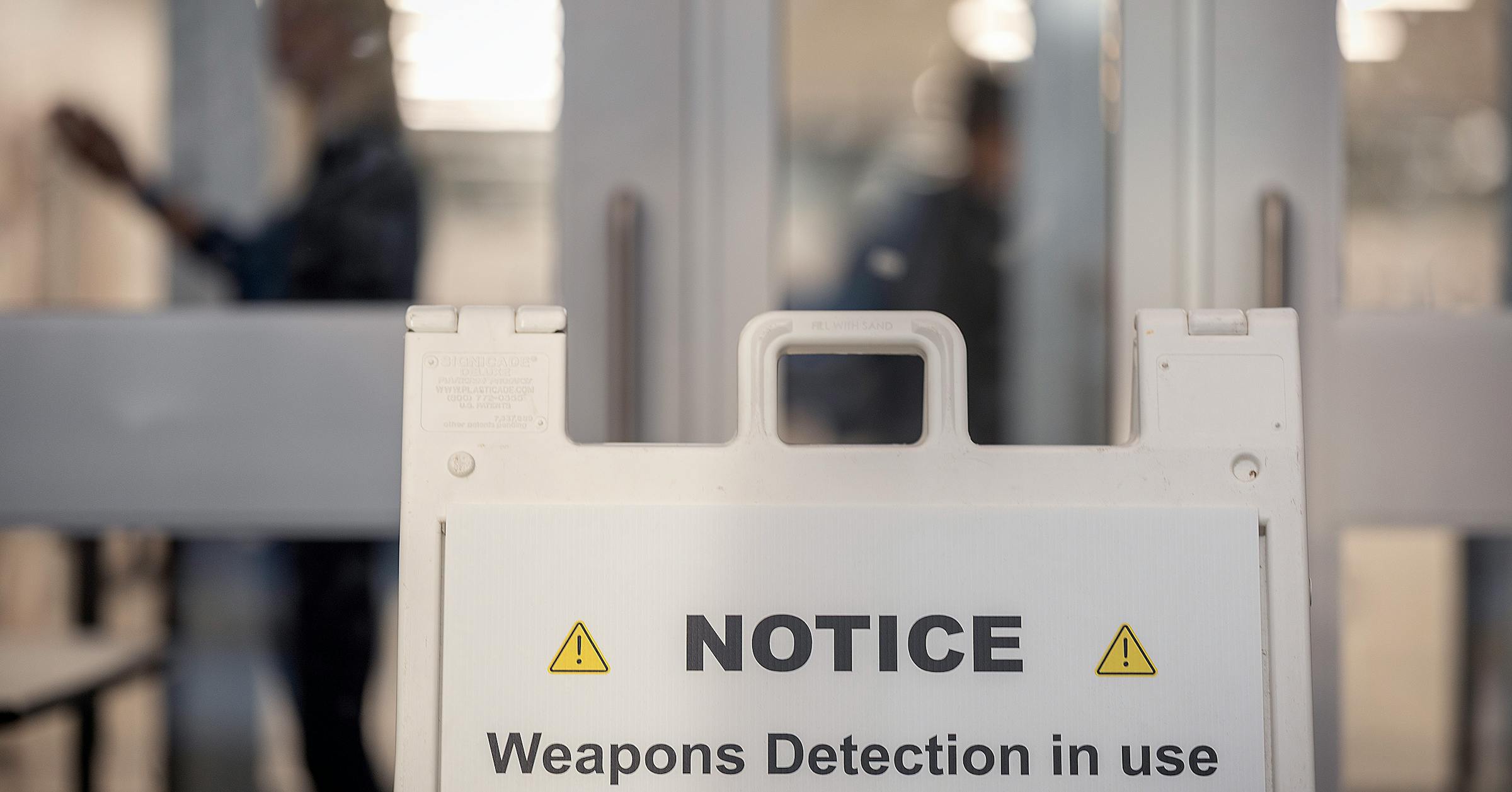


;Resize=805#)


















![Officials issue warning as aggressive growth threatens properties: ‘Only add[s] to homeowners’ anxiety’ – The Cool Down](https://www.thecooldown.com/wp-content/uploads/2025/03/FX-Deluxe_Lifestyle_1326191354-copy.jpg?#)

